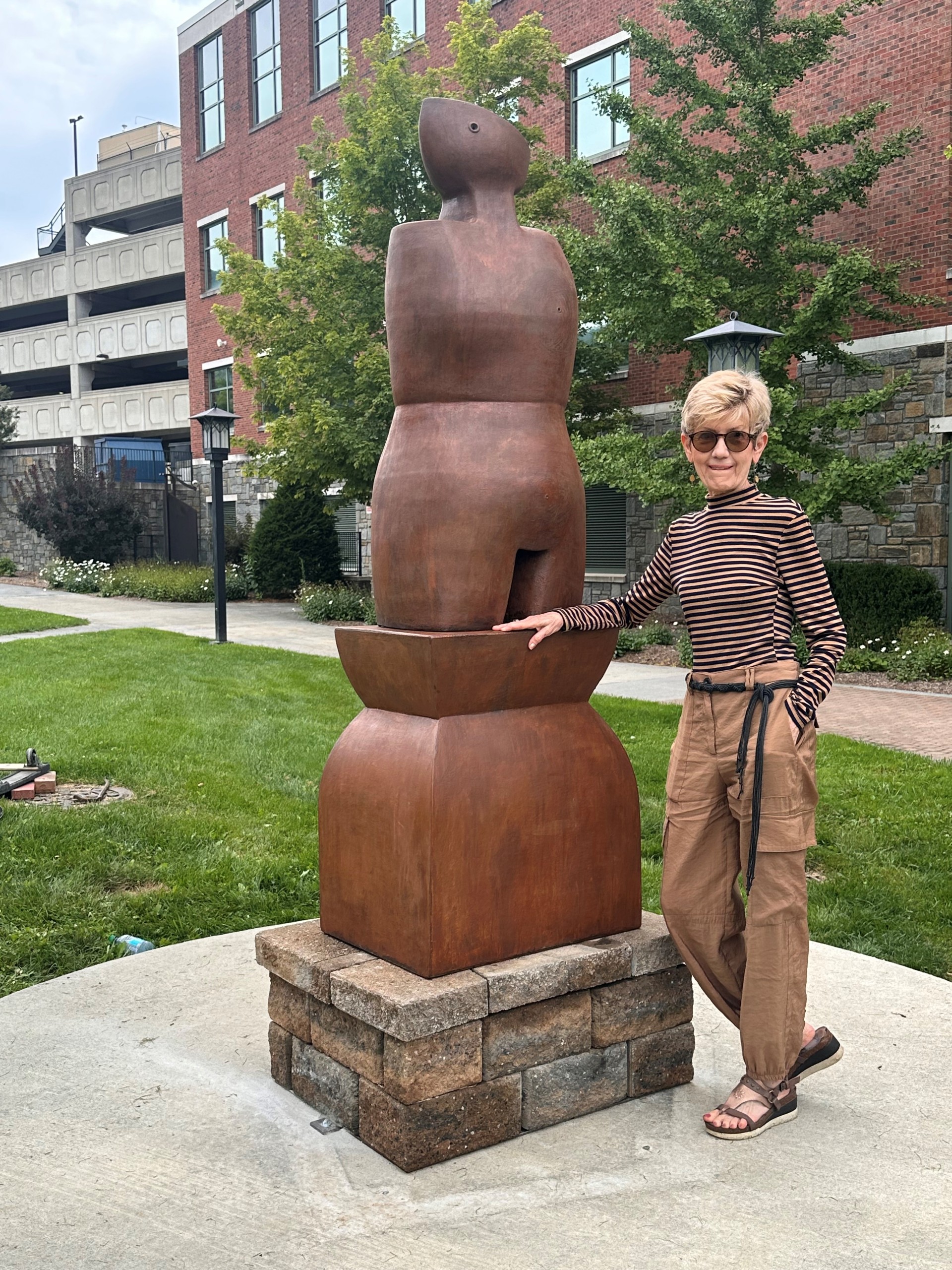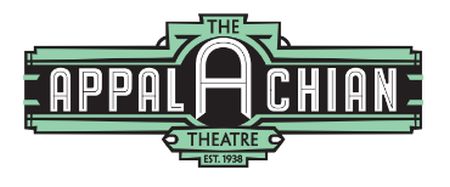
Campus Arts Corridor Unveils New Installations
Campus Arts Corridor Unveils New Installations
Boone, North Carolina – Appalachian State University continues to celebrate the dynamic role of sculpture on campus with the unveiling of new installations for the Campus Arts Corridor in August 2024. This collection features seven sculptures created by artists across North Carolina and New York, marking the second phase of this ongoing project. The sculptures start at the Turchin Center for the Visual Arts on King Street and extend along a public art pathway into campus.
The Campus Arts Corridor connects the university's major arts venues, including the Turchin Center for the Visual Arts and the Schaefer Center for the Performing Arts. These two hubs, along with the Valborg Theatre, Chapell Wilson Hall, Wey Hall, and the Broyhill Music Center, form a vibrant arts community on the campus. The Corridor builds on more than three decades of outdoor sculpture programming at App State, reinforcing Boone's reputation as a cultural destination.
Anchored by the Turchin Center located at the crossroads of Appalachian State University and downtown Boone, the Campus Arts Corridor serves as a bridge between campus and town. The iconic Transit Candy stair mural by Baltimore artists Jessie Unterhalter and Katey Truhn marks the starting point of the Corridor.
This year’s featured sculptures resonate with themes of re-emergence, transformation, social unity, and hopes for a more equitable world. These works not only enrich the campus environment but also engage visitors and the local community in the life of the university.
Exhibiting Artists:
Jim Galluci (Greensboro, NC): “Golden Arch” – Located directly next to the Turchin Center, the arch, perfected by the Romans, captures a sense of time and space, symbolizing passage and wonder. This sculpture celebrates nature's magnificence by combining the arch's form with the simplicity of a leaf.
Mary Anne Prack (Jefferson, NC): “Seeing Beyond” – This sculpture explores the architecture of the human figure and the joy of the human spirit through abstract forms. Each piece, unique in its expression, reflects fascination with the essence of being human and the profound differences between us.
Vandorn Hinnant (East Grimesland, NC): “Raven”– “Raven” intertwines the symbolic magic of ravens with the geometric intrigue of Platonic Solids, representing transformation and the air element. The sculpture's upper half echoes the bird's form, reflecting its mythological significance in human culture.
Robert Winkler (Asheville, NC): “Coming Around” – As a sculptor, the artist explores the interplay between controlled and spontaneous, geometric and organic forms, using repetition to create a sense of movement. Their work engages viewers with its dynamic gestures and the illusion of lightness, changing as it interacts with light, shadow, and perspective.
Bill Brown (Linville Falls, NC): “Breakaway” – Bill’s work, featured in collections and exhibitions across North America, transforms life experiences into art through the exploration of steel's plasticity and the natural and spiritual world.
Sam Spickza (Apex, NC): “Nexus” – Inspired by the conflict between ideal symmetry and imperfect reality, Sam’s sculpture captures the tension between perfection and irregularity found in natural forms. The work reflects both the chaos of growth and the underlying geometry of an ideal state.
Jennifer Hecker (Brockport, NY): “Martyr Dress” – Jennifer’s work begins with a recognizable form, such as a strapless gown, which serves as an entryway into deeper artistic exploration. Using materials like lump charcoal, eggshells, and broken glass, the Martyr Dresses series transforms familiar symbols into metaphors for beauty, transience, and materialism, reflecting spiritual and conceptual ideas through physical matter.
These sculptures will be on display for two years. For more information, visitors can scan the QR code on the signage next to each sculpture, visit TCVA.org, or stop by the Turchin Center front desk for a sculpture guide.
About the Turchin Center for the Visual Arts:
The Turchin Center for the Visual Arts, named for university benefactors Robert and Lillian Turchin, is the largest visual arts facility in the region. The center offers dynamic exhibitions, educational programs, and serves as a vital cultural resource for the university and the community. Located at 423 West King St. in Boone, the Turchin Center is open from 10am - 6pm Tuesday - Thursday and Saturday, and 12-8pm on Fridays. Admission is free, though donations are appreciated. For more information, visit TCVA.org or follow the Turchin Center on Facebook and Instagram @TurchinCenter.
Sponsors:
The Turchin Center thanks its media sponsors for their support: High Country 365, High Country Radio, WFDD 88.5, WDAV 89.9, and WASU 90.5FM




